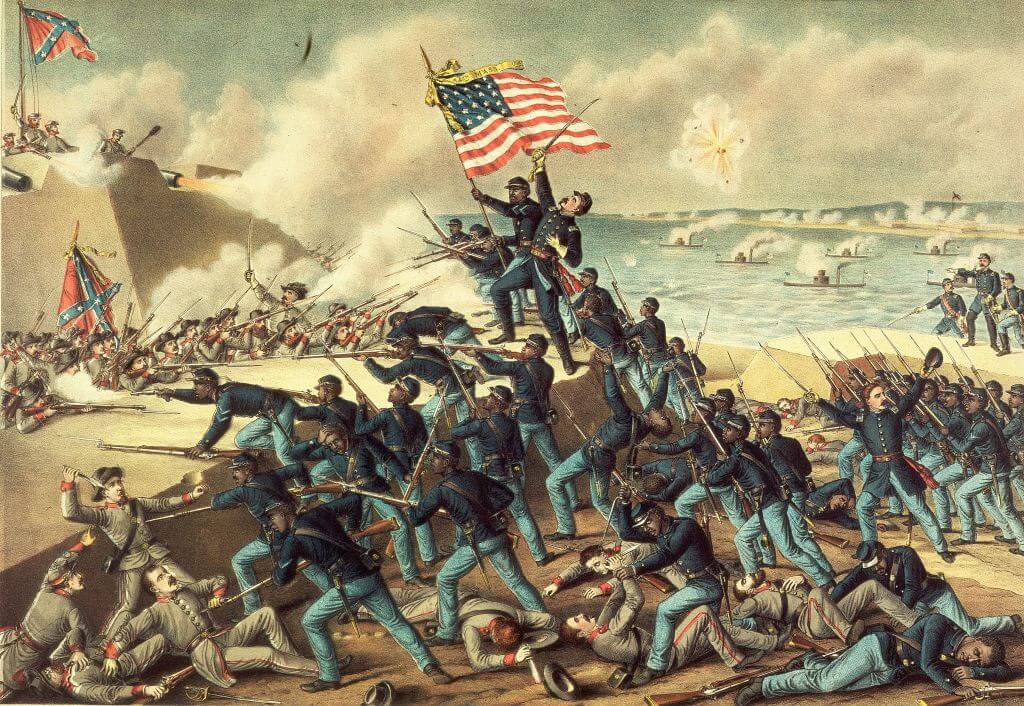Groups Gear Up For Confirmation Fight
WASHINGTON — The retirement of Supreme Court Justice Sandra Day O’Connor is expected to intensify the Jewish community’s plans to weigh in on the high court’s future.
Many Jewish organizations already had been mobilizing for an anticipated vacancy on the court, but had expected to be discussing a successor to Chief Justice William Rehnquist and to be watching President Bush replace a conservative vote with another conservative. Replacing O’Connor with a conservative would likely change the court’s stance on some of the issues the Jewish community cares about, including abortion rights and the separation of church and state.
“This ratchets up the stakes tremendously,” said Mark Pelavin, associate director of the Religious Action Center for Reform Judaism. “Instead of replacing a conservative justice with a conservative nominee, we face the prospect of replacing the swing vote on so many of our issues.”
On church-state issues, O’Connor’s view — allowing for religious funding but crafting strict rules for religious symbols — has tipped the balance in many cases since she joined the court in 1981. It has been her analysis that has led to federal funding for school vouchers but has limited public displays of religious symbols.
“She feels government money doesn’t make anyone feel unequal,” said Noah Feldman, a law professor of New York University. “Symbols have the capacity to make people feel excluded.”
Alan Dershowitz, a Harvard Law School professor, said that O’Connor “single-handedly kept the wall of separation between church and state standing.”
“If she had not been on the court we would have Christian prayer in the schools, Christian religious symbols displayed in public places,” he said.
O’Connor established an “endorsement test” on religious symbols in 1984, suggesting that the message a religious icon conveys is as important as the intent of those who crafted it.
That analysis led to split decisions on the public display of nativity scenes. A crèche by itself was seen as religious, but incorporating other religious and secular symbols changed the context and made the display more about a holiday season.
At the same time, O’Connor sided with conservatives and members of the Orthodox Jewish community, who argued in favor of permitting school vouchers and government funding for computer equipment to religious schools.
“The fact that she was a justice on the court while this evolution was going on meant it happened at a more moderate pace and more moderate tone than if you had a bloc of conservative justices,” said Nathan Diament, director of the Orthodox Union’s Institute for Public Affairs.
O’Connor also was a strong proponent of religious liberty, arguing that the government must show a compelling interest before infringing on religious exercise.
With O’Connor’s announcement, liberal pressure is expected to increase on Jewish organizations to speak out about Bush’s choice to fill the vacancy.
Sources said that much of the pressure for increased involvement is focused on two high-profile Jewish groups that largely stay out of nomination battles: the American Jewish Committee and the Anti-Defamation League.
The AJCommittee joined many Jewish groups and organizations from other religious communities in signing a letter to senators, stressing the importance of Bush’s seeking “advise and consent.” Crafted by Reform officials at the Religious Action Center, the letter was sent July 1 and signed by 29 organizations.
The National Council of Jewish Women sent a separate letter to senators Tuesday, signed by 270 rabbis from 32 states, stressing the need for a justice who will protect religious freedom and reproductive choice.
Even though the AJCommittee signed one of the letters to the senators, the group’s director of legislative affairs, Richard Foltin, said his organization rarely endorses or rejects specific nominees, viewing confirmation battles as partisan and personal.
The ADL has not signed on to the letter. Michael Lieberman, the ADL’s Washington counsel, said the organization would continue its practice of analyzing Supreme Court nominees and sending letters to Senate Judiciary Committee members, suggesting areas on which to question the jurists.
But the ADL has taken positions against some federal court nominees.
“The idea that the president could pick someone we oppose is obvious,” Lieberman said. “It’s axiomatic that the stakes are higher because it’s the Supreme Court.”















